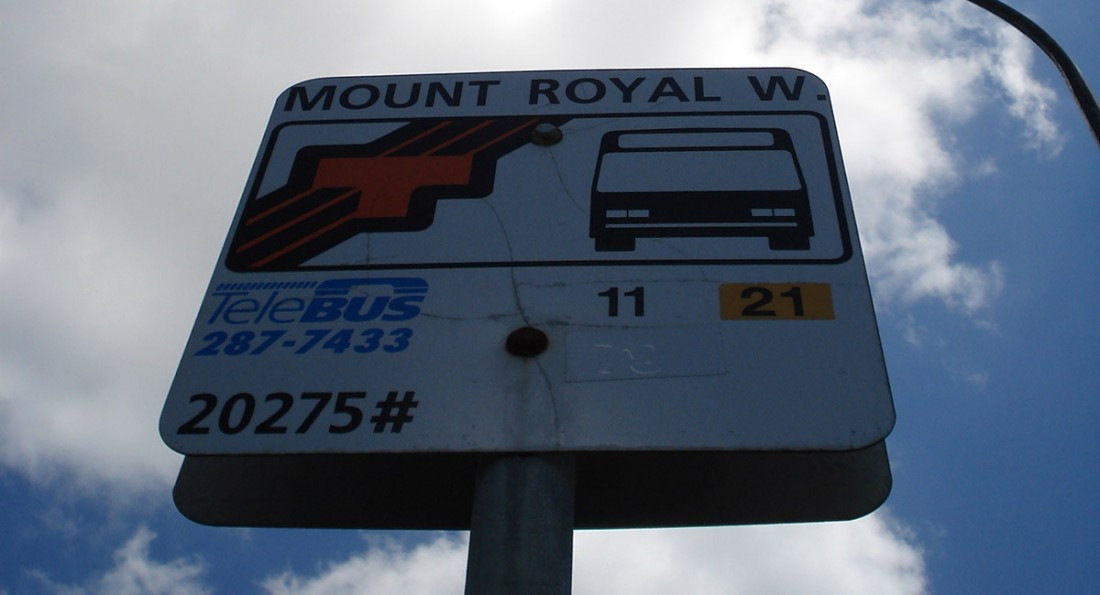U-Pass on the move
Shifting Winnipeg’s commuter culture one step at a time
Last week, amid a long enduring journey spanning over 15 years and countless pleas, the basic framework of a U-Pass passed Winnipeg City Council. Without delving into the intricacies of political process involved with moving legislation through Winnipeg City Council, it is important to recognize the long term potential that the U-Pass brings to both post-secondary students and the general public.
For those not in the know, a U-Pass works as a mandatory fee assessed to all students at participating post-secondary institutions; in return, students receive unlimited access to transit services offered in that municipality. Through collective purchasing and a subsidy from the government, students are able to receive these passes at a cheaper rate while also increasing and encouraging transit ridership through the mandatory provisionary nature of the project.
For Winnipeg, ridership in public transit is already above the national average, even without a large investment in rapid transit in the styles of Calgary and Edmonton. The U-Pass has the potential to act as a game changer for transit in Winnipeg. Beyond the clear environmental effects of the U-Pass, here are a couple of thoughts to consider when looking at the big picture.
Firstly, Winnipeg’s limited development of rapid transit to this point connects the University of Manitoba to the downtown, directly to the University of Winnipeg. What this means is that all of south Winnipeg can access the U of W by rapid transit, while anyone connecting from the downtown can do the same for U of M. By ensuring that transit ridership to the U of M increases above its current rate of approximately 33%, in a stable manner, the city is able to justify additional expenditures and investment for rapid transit. The same applies for U of W and stands as an example of how a U-Pass benefits everyone.
Secondly, the U-Pass works to decrease parking congestion by taking a lot of cars off the roads. If you’ve ever tried to find parking near the University of Winnipeg, you know how much of a challenge it can be. Similarly, development of the Southwood lands at the U of M can now accommodate transit infrastructure, instead of dedicating space to building hideous parking garages.
Finally, the biggest role the U-Pass has to play is as a culture changer. For too long, Winnipeg has been stuck in a car reliance mentality. I’ve heard too many people claim that it’s impossible to live without a car here, despite the fact that the transit system is in fact quite reasonable. By encouraging students to take transit in the short and long term, the U-Pass has the potential to alter our commuter culture. Research has shown in the long term that post-secondary students that use bus passes continue to use transit after they graduated, showing a shift in transportation habits. Winnipeg only stands to benefit from both investments in transit and a U-Pass, and the reasons listed here are only some of those positives.
Zach Fleisher studies politics at the University of Winnipeg.
Published in Volume 68, Number 22 of The Uniter (March 5, 2014)







